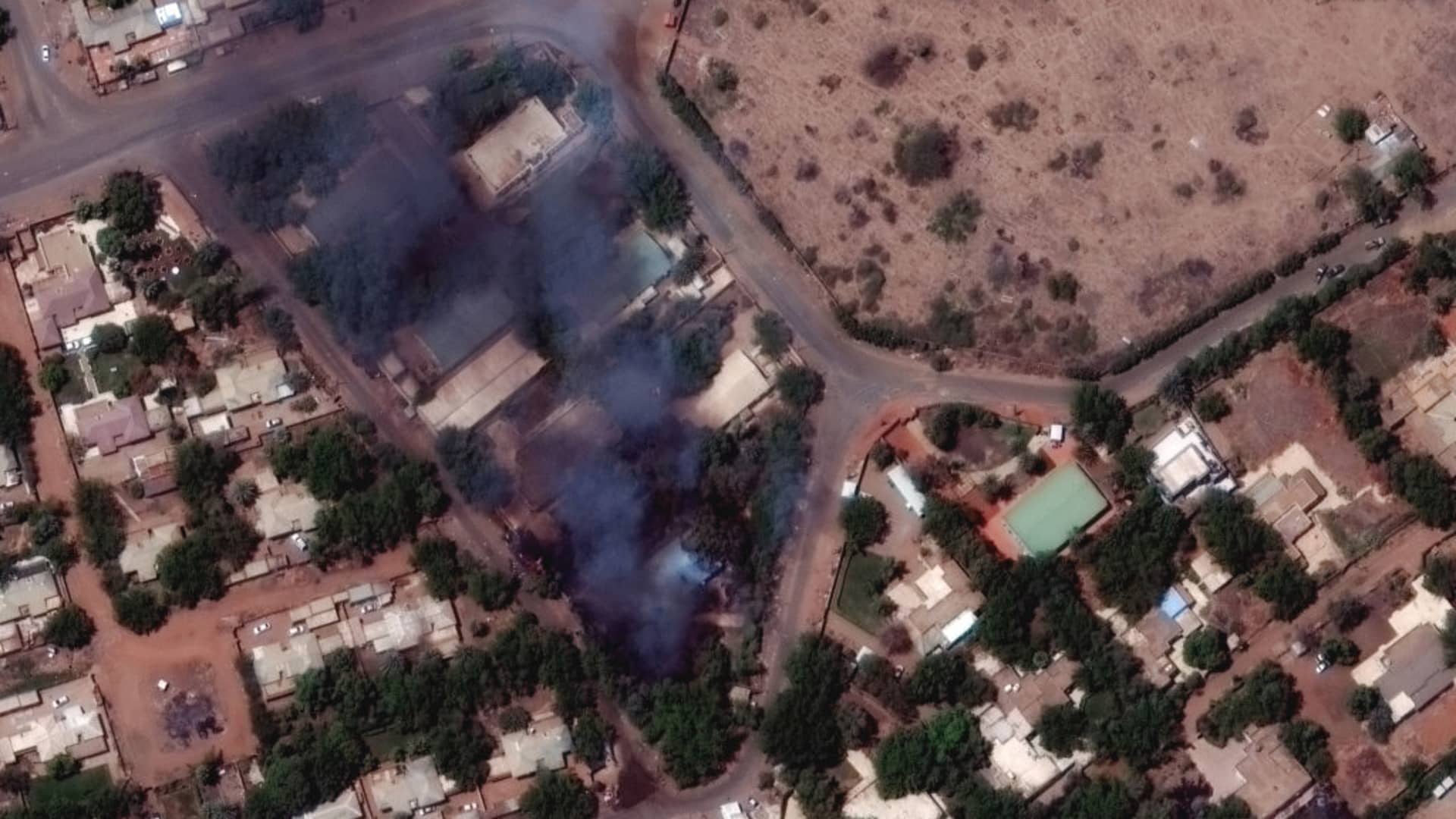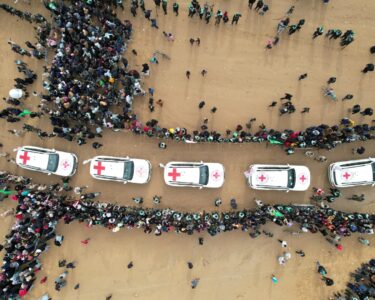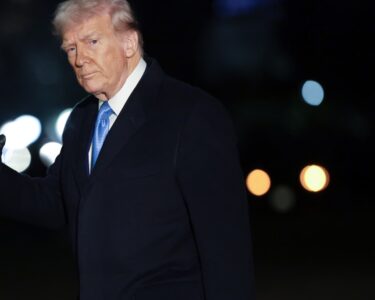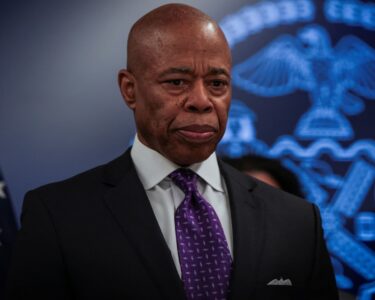Heavy gunfire shattered a 24-hour truce deal in Sudan on Tuesday shortly after it was due to take effect under U.S. pressure on warring military factions to pause fighting that has touched off a humanitarian crisis.
Loud shooting reverberated in the background of live feeds by Arab television news channels in the Khartoum capital region minutes after the agreed 6 p.m. (1600 GMT) onset of the ceasefire deal.
Warplanes were roaring in the skies above Khartoum and several witnesses reported a large army ground force entering the city from the east.
“We have not received any indications here that there’s been a halt in the fighting,” United Nations spokesman Stephane Dujarric told a news briefing in New York.
The conflict between Sudan’s military leader and his deputy on Sudan’s ruling council broke out four days ago, derailing an internationally backed plan for a transition to civilian democratic rule four years after the fall of Islamist autocrat Omar al-Bashir to a popular uprising and two years after a military coup.
The fighting has triggered what the United Nations has described as a humanitarian catastrophe, including the near collapse of the health system. At least 185 people have been killed across the sprawling country.
U.S. Secretary of State Antony Blinken, speaking in Japan, said on Tuesday he had telephoned both army chief General Abdel Fattah al-Burhan and paramilitary leader General Mohamed Hamdan Dagalo of the Rapid Support Forces, appealing for their rival forces to cease fire “to allow the Sudanese to be safely reunited with families” and to provide them with relief.
The ceasefire deal will not extend beyond the agreed 24 hours, Army General Shams El Din Kabbashi, a member of Sudan’s ruling military council, said earlier on al Arabiya TV.
A Reuters reporter in Khartoum said he heard tanks firing shortly after the truce was due to take hold.
It was unclear in the chaotic din who was behind the various bouts of gunfire, though the RSF issued a Facebook statement shortly after the truce was to take effect blaming the army for violations.
One resident told Reuters they had heard an air strike being carried out in Omdurman, Khartoum’s sister city on the opposite bank of the Nile river.
Fighting had appeared to tail off close to the deadline for the ceasefire, which coincided with the evening breaking of the daily fast during the Islamic holy month of Ramadan.
Earlier in the day, the sounds of warplanes and explosions echoed across Khartoum. Residents in the neighbouring cities of Omdurman and Bahri reported air strikes that shook buildings and anti-aircraft fire. Fighting also raged in the west of the country, the United Nations said.
In video verified by Reuters, RSF fighters could be seen inside a section of the army headquarters in Khartoum. The fighters did not appear to control the sprawling site, a Reuters reporter in the capital said.
Burhan heads a ruling council installed after the 2021 military coup and the 2019 ouster of Bashir, while Dagalo — better known as Hemedti — is his deputy on the ruling council.
Their power struggle has stalled the plan for a shift to civilian rule after decades of autocracy and military domination in Sudan, which sits at a strategic crossroads between Egypt, Saudi Arabia, Ethiopia and Africa’s volatile Sahel region.
Unless controlled, the violence also risks drawing in actors from Sudan’s neighborhood who have backed different factions, and could play into competition for regional influence between Russia and the United States.
Fighters have attacked aid workers, hospitals and diplomats, including a European Union ambassador assaulted in his home.
U.N. aid chief Martin Griffiths said humanitarian relief workers and facilities are continuing to be targeted in Sudan and the United Nations was “receiving reports of attacks and sexual violence against aid workers.”
“This is unacceptable and must stop,” Griffiths posted on Twitter, adding that the U.N. aid office in South Darfur was also looted on Monday.
Three workers for the World Food Programme were killed in the fighting on Saturday, and a U.N. plane was hit in crossfire at Khartoum’s international airport.
Blinken said a U.S. convoy was attacked despite its vehicles being marked with diplomatic license plates and bearing U.S. flags. Initial reports suggest the attack was undertaken by RSF-associated forces, he said, calling the action “reckless.” Blinken said all U.S. personnel were safe after the incident.
After the call with Blinken, Hemedti said the RSF approved the ceasefire to ensure the safe passage of civilians and the evacuation of the wounded.
In a post on Twitter, he said he and Blinken “discussed pressing issues” and more talks were planned. The RSF issued a statement saying it was waging a battle to restore “the rights of our people” in what it called a new revolution.
A previous, shorter ceasefire agreed for Sunday was widely ignored. Artillery volleys, strikes by combat aircraft and street fighting have made it almost impossible to travel in Khartoum, trapping residents and foreigners in their homes.
The main international airport has been under attack, halting commercial flights.
The International Federation of Red Cross and Red Crescent Societies said it was nearly impossible to provide humanitarian services around the capital. It warned that Sudan’s health system was at risk of breakdown.
The outbreak of fighting followed rising tensions over a plan for the RSF’s integration into the regular military.
Discord over the timetable for that process delayed the signing of the framework deal to launch a civilian transition that was due to be signed earlier this month.
The fighting has affected several parts of the country since Saturday, including the western desert region of Darfur, which borders Chad and suffered warfare from 2003 that killed as many as 300,000 people and displaced 2.7 million.






